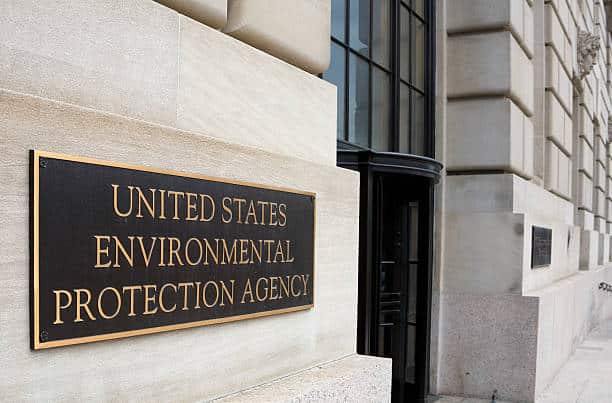Welcome To ChemAnalyst

Washington headquartered U.S. Environmental Protection Agency (EPA), dedicated towards the maintenance and enforcement of national standards in compliance with various environmental laws, has rejected the exemption of one small refiner from the Biofuels Blending Laws under the U.S. International Fuel Standard (RFS) for the 2019 compliance year.
RFS is a US reform that provides a directive for mixing a set amount of renewable fuel in the transportation fuel that is sold in the country. The RFS program implemented by EPA is targeted towards standardizing the use of biofuel blends in gasoline and diesel to ensure the sale of a stipulated volume of biofuels and to limit greenhouse gases emission from automobile exhausts. With the formulation of biofuel blending requirements that is increased every year under the RFS program, the requirement is expected to reach 36 billion gallons by 2022.
Currently, the oil and biofuel industries are anticipating the Biden government’s take on the biofuel blending requirement scales. The decision on 32 other petitions for the compliance year 2019 is still pending from EPA’s side. Moreover, EPA had to delay the decision on blending requirements for 2021 for more than a year in the wake of coronavirus spread. The deadline for releasing the decision on 2022 blending requirements falls in the end of this month.
Biofuels, under the RFS program, is divided in four categories: Conventional Biofuels which are derived from starch feedstocks; Advanced Biofuels which are derived from cellulosic and advanced feedstocks like sugarcane; Biomass-based Diesel which is a diesel fuel substitute derived from renewable feedstocks; Cellulosic Biofuels which derived from cellulose, hemicellulose, or lignin. Bioethanol is a popular biofuel that is used in gasoline blending owing to its efficient combustion and limited carbon emission properties.
As per ChemAnalyst, the practice of biofuel blending is gaining pace in many countries as they are derived from natural sources and pose advantages like limiting carbon emissions and lowering down the dependency on fossil fuels. However, a few shortcomings in the form of high production cost and limited compatibility with most vehicles restrict refiners’ confidence in its explicit production and use. Nevertheless, the use of biofuel blends has the potential to drive the world towards sustainable fuel exploitation that could aid in achieving low-carbon emission targets in many economies.
We use cookies to deliver the best possible experience on our website. To learn more, visit our Privacy Policy. By continuing to use this site or by closing this box, you consent to our use of cookies. More info.
